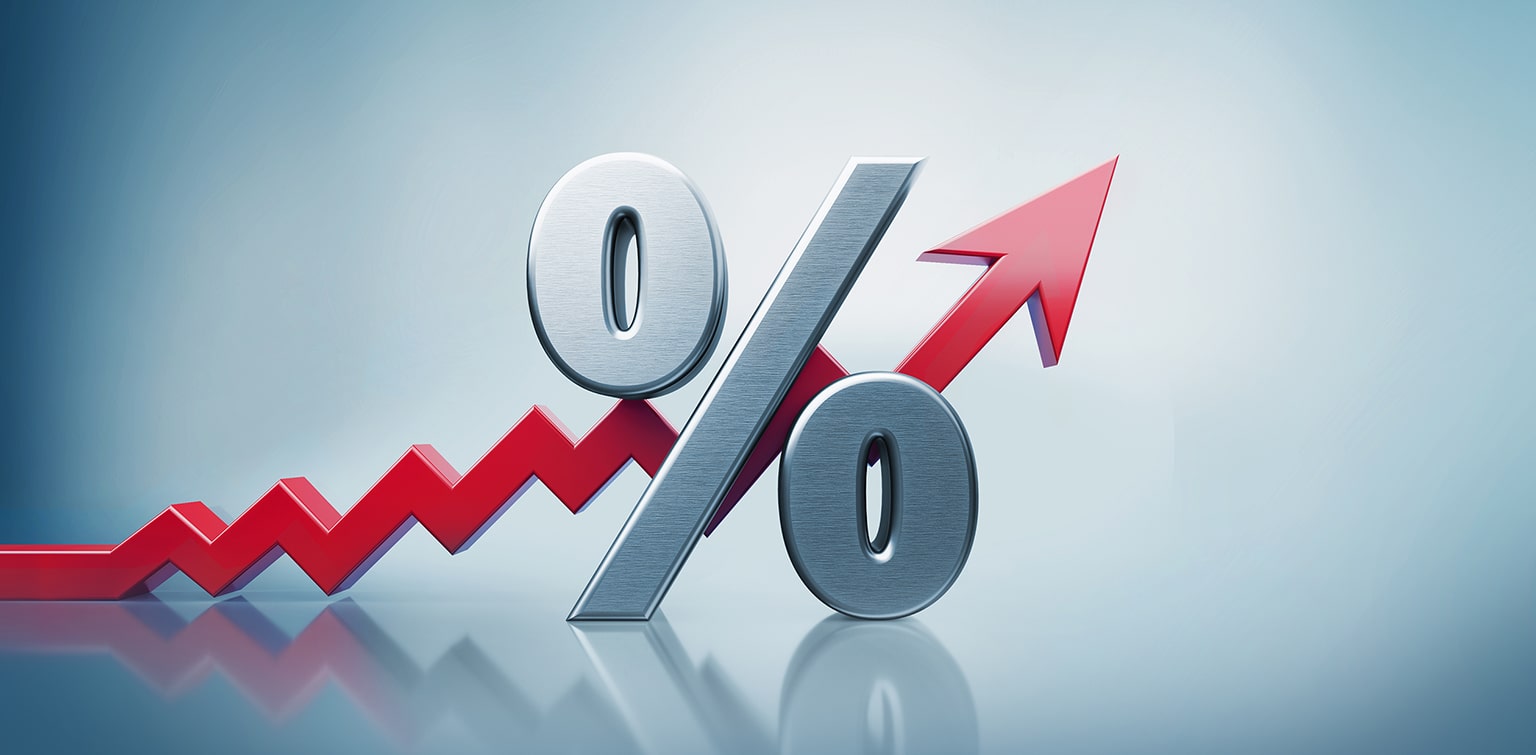
UK Mortgage Approvals Experience Slight Dip
The UK mortgage approvals have witnessed a marginal decline in April, according to the latest data released by the Bank of England. This slight dip is accompanied by a record high in individual savings accounts (ISAs) as households take advantage of higher interest rates.
The number of mortgage approvals decreased to 61,100 from 61,300 in March, falling short of the forecasted 61,500. The effective interest rate on newly drawn mortgages saw a slight increase of one basis point to 4.74 percent in April.
 Mortgage lending increased to GBP 2.4 billion in April.
Mortgage lending increased to GBP 2.4 billion in April.
Mortgage lending rose to GBP 2.4 billion in April, while net mortgage lending saw an annual growth of 0.2 percent, marking the first annual increase since October 2022. Gross lending also rose slightly to GBP 20.6 billion from GBP 20.5 billion in March, reaching its highest level since January 2023.
“Money and lending figures indicate that the recent rebound in the housing market is cooling and households reined in their spending in April.” - Ashley Webb, Capital Economics’ economist
Consumer Credit Borrowings Halve
Net consumer credit borrowings halved to GBP 0.7 billion from GBP 1.4 billion a month ago, falling short of the expected GBP 1.5 billion. This decline is attributed to lower net borrowing through credit cards and other forms of consumer credit.
Businesses Repay Loans
Businesses repaid GBP 1.1 billion of loans to banks and building societies, slightly up from GBP 0.9 billion in March. Borrowing by large businesses decreased 0.3 percent, while lending to SMEs slid 4.6 percent annually in April.
 Businesses repaid GBP 1.1 billion of loans to banks and building societies.
Businesses repaid GBP 1.1 billion of loans to banks and building societies.
Households’ Holdings of Money Increase
Households’ holdings of money increased by GBP 8.4 billion in April, the highest flow since September 2022. Additionally, households deposited an additional GBP 11.7 billion into tax-free ISAs, the highest on record.
“Interest rate cuts starting in the summer and further falls in inflation will mean the economic recovery this year will be stronger than most expect.” - Ashley Webb, Capital Economics’ economist
The Bank of England kept its interest rate unchanged for the sixth straight meeting at 5.25 percent, the highest since early 2008. The bank also signaled that the first rate cut since 2020 is on the horizon.
 The Bank of England kept its interest rate unchanged for the sixth straight meeting at 5.25 percent.
The Bank of England kept its interest rate unchanged for the sixth straight meeting at 5.25 percent.














